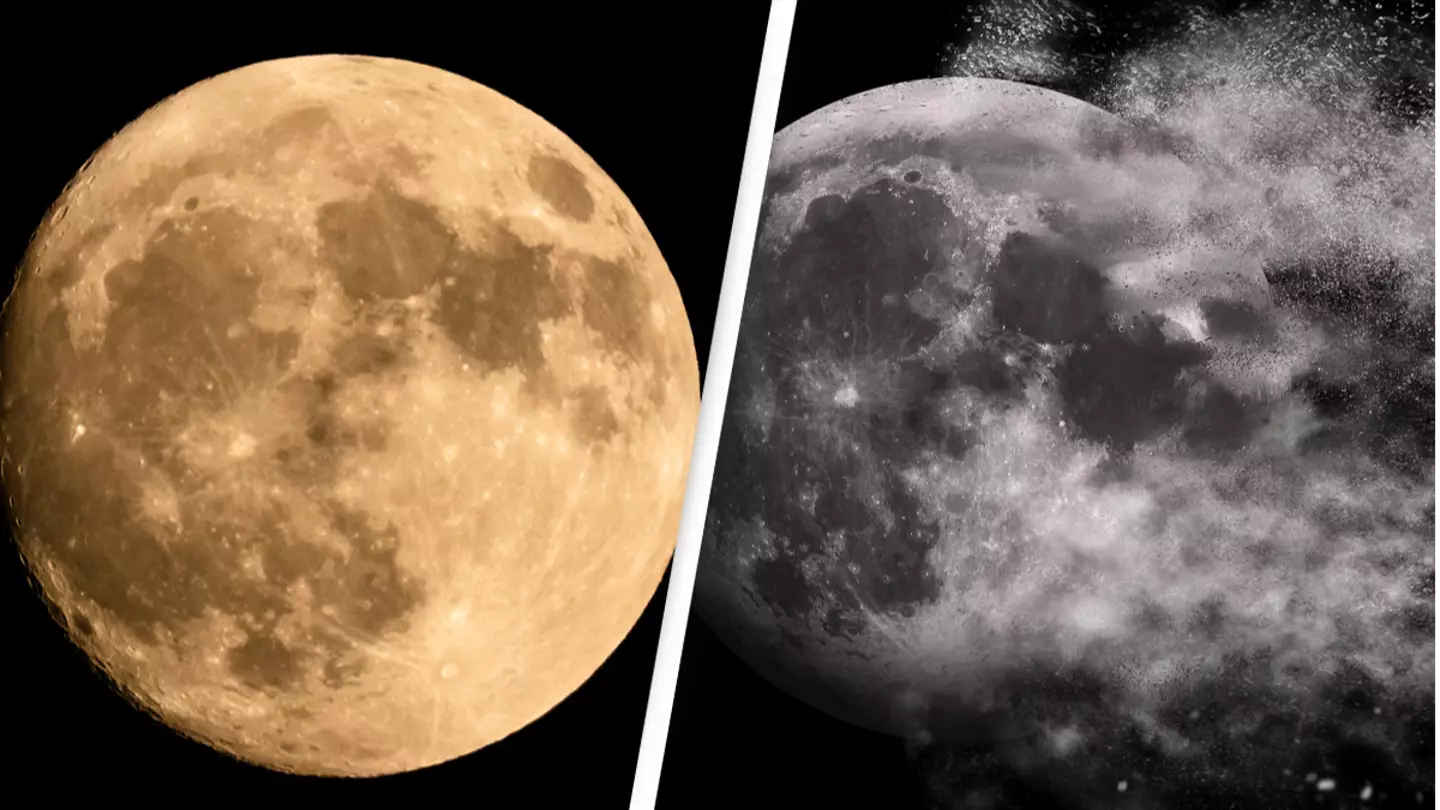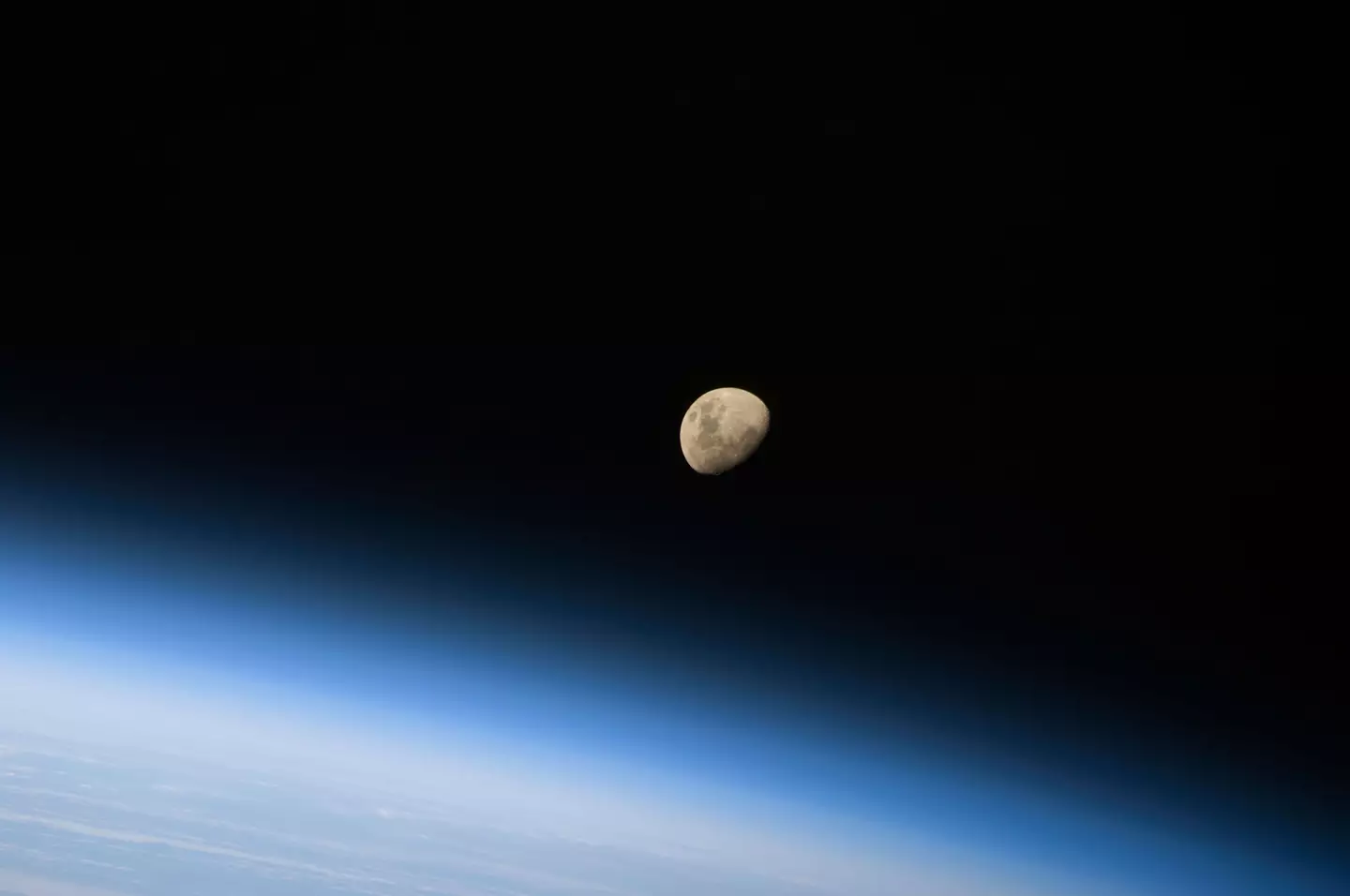
Over time, many experts have put their minds to righting some of the world's greatest wrongs, but one bloke believed it was as simple as... nuking the moon.
Even the smartest minds will have had to fend off some scepticism for their groundbreaking ideas - just think about Edward Jenner developing the smallpox vaccine, when he suggested taking the pus from a cowpox blister and scratching it into the skin of an eight-year-old boy. No doubt people in the late-1700s would have laughed at the idea (I mean, fair enough), but now vaccination is one of the key ace-cards of modern medicine.
But admittedly, some suggestions are more out-there than others. Take Alexander Abian, for example, a mathematics professor at Iowa State University who became famous for his fairly unorthodox idea of, erm, blowing up the moon. This, he believed, would solve pretty much every problem that humans faced.
Advert
Outlining his theory in a 1991 campus newspaper, Abian claimed that a moonless Earth would not wobble, eliminating seasons and the extreme weathers that come with them, such as heatwaves, hurricanes or snowstorms.
The way he proposed to do it? Brute nuclear force, obviously. According to an article from People published at the time, Abian asserted that nuking the moon would solve all human woes, writing: “You make a big hole by deep drilling, and you put there atomic explosive. And you detonate it - by remote control from Earth.”

The People article summarises how Abian believed that ‘blasting the moon would release the gravitational tug that causes our planet to tilt and thus stabilize the earth’s temperature and wind patterns’.
Advert
Other experts, however, weren’t so convinced, with David Taylor, assistant chairman of the physics and astronomy department at Northwestern University, saying: “How does he propose to change the earth’s angle of rotation without creating massive earthquakes? He would destroy civilization, but we’d have great weather.”
But Abian simply shrugged off the criticism, saying those who dismissed his ideas were simply on par with the doubters of some of history’s greatest intellectuals.
“I am raising the petulant finger of defiance to the solar organization for the first time in 5 billion years,” he said. “Those critics who say ‘Dismiss Abian’s ideas’ are very close to those who dismissed Galileo.”
Over time, Abian’s wild idea made him something of a cult hero, and has become a key subject of discussion in internet forums.
Advert
However, he obviously never achieved his vision of blowing the moon up before his death in 1999.
Topics: Science
